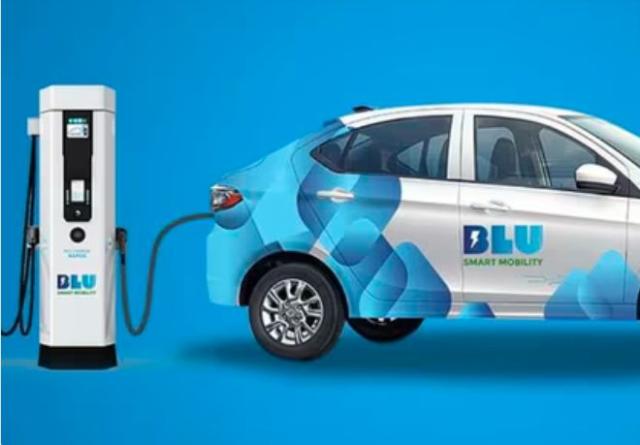U.S. President-elect Donald Trump’s transition team has proposed significant changes to federal policies on electric vehicles (EVs), aiming to reduce support for EVs and charging infrastructure while implementing stringent measures to limit reliance on Chinese materials in the automotive sector, Reuters news report said.
The recommendations advocate redirecting funds earmarked for EV infrastructure toward bolstering domestic production of battery materials critical for national defense. The proposals reflect Trump’s campaign promises to ease restrictions on fossil-fuel vehicles and counter China’s dominance in the EV supply chain.
Key Policy Shifts Proposed
Elimination of EV Tax Credits: Scrapping the $7,500 consumer tax credit for EV purchases, a move that could dampen U.S. EV sales.
Increased Tariffs: Imposing global tariffs on battery materials to encourage domestic production, with exemptions negotiated for allied nations.
Reduced Emission Standards: Rolling back fuel economy and emissions standards to 2019 levels, allowing more gas-powered vehicles and higher emissions per mile.
Restriction on California’s Emission Standards: Blocking the state from enforcing stricter vehicle emissions rules.
The recommendations align with Trump’s plan to support the U.S. auto industry by creating space for both gas-powered and electric vehicles.
Impact on U.S. EV Industry
The proposals could disrupt the momentum of EV adoption in the U.S., potentially affecting companies like General Motors and Hyundai, which recently expanded their EV offerings, and Tesla, the dominant EV manufacturer. Tesla CEO Elon Musk, who has backed Trump politically, noted that eliminating subsidies could hurt competitors more than his company.
Focus on National Security
The document emphasizes reducing dependency on China for critical minerals such as lithium, graphite, and rare-earth metals, vital for both EVs and military applications. The transition team recommends shifting funds from Biden’s $7.5 billion EV infrastructure plan to critical minerals processing and defense priorities.
Broader Automotive Strategy
Other proposals include:
Waiving environmental reviews to expedite EV-related infrastructure projects.
Expanding export restrictions on EV battery technology to adversarial nations.
Promoting U.S. battery exports via the Export-Import Bank.
Ending federal and military programs aimed at purchasing electric vehicles.
Global and Environmental Implications
Trump’s team plans to use tariffs as leverage in trade negotiations to expand U.S. auto exports. However, the rollback of emissions standards and reduced support for EVs could undermine global efforts to combat climate change.
Conclusion
The proposed policies represent a stark departure from the Biden administration’s approach, which sought to balance rapid EV adoption with the creation of a secure domestic battery supply chain. While Trump’s plans aim to prioritize national security and support the traditional auto industry, they may reshape the trajectory of the U.S. electric vehicle market in the years to come.

